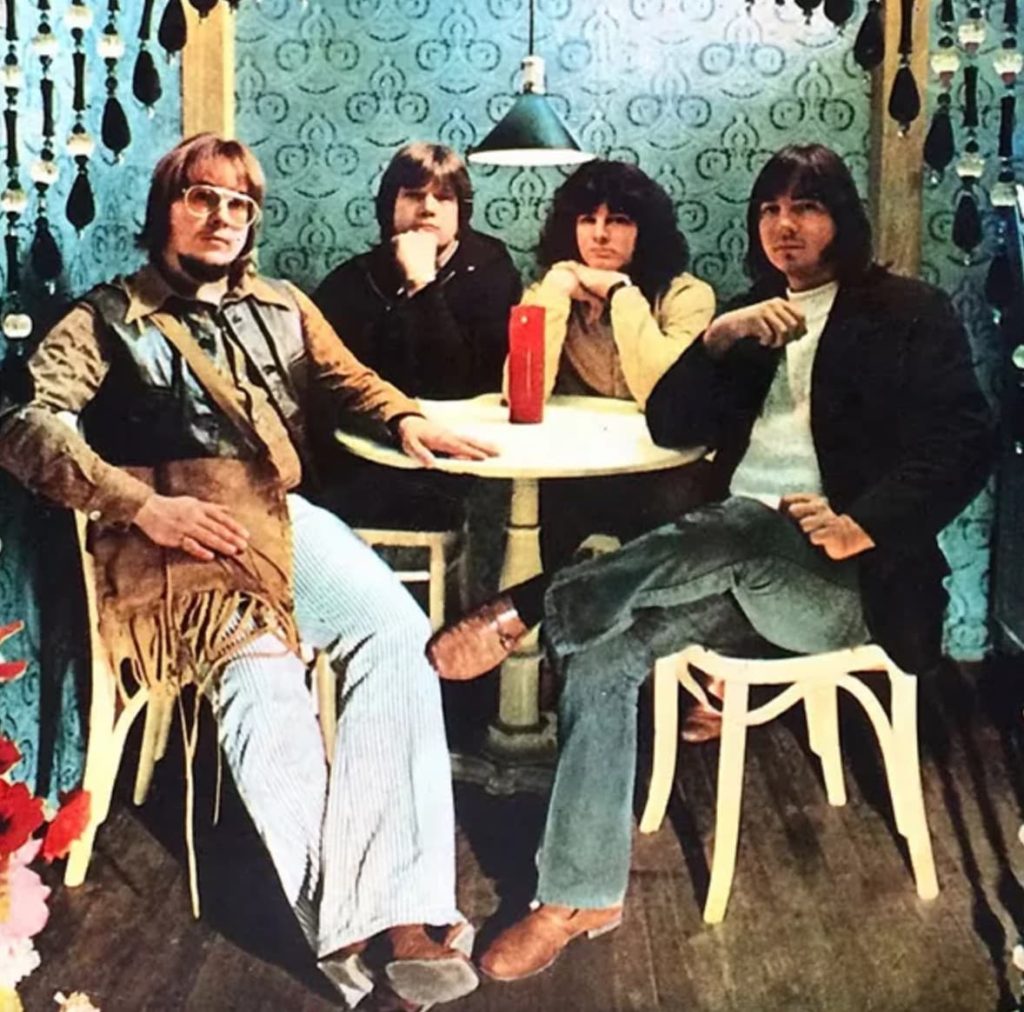
A Defiant Anthem of Independence and Social Commentary
“American Woman” by The Guess Who is a powerful rock anthem that melds sharp social commentary with a raw, unrelenting groove. Released in January 1970 as a single from their album of the same name, the song became the band’s most iconic track, catapulting them to international stardom. With its unforgettable riff, commanding vocals, and layered meanings, “American Woman” reached No. 1 on the Billboard Hot 100 and remains a cornerstone of classic rock, emblematic of both its era and its enduring legacy.
The song’s genesis was as spontaneous as it was fortuitous. During a live show in Ontario, guitarist Randy Bachman improvised the now-famous opening riff while tuning his guitar. Frontman Burton Cummings began ad-libbing lyrics over the riff, and what emerged was a gritty, pulsating track that the band quickly realized had extraordinary potential. The combination of its unrelenting guitar line and Cummings’ visceral vocal delivery creates an electrifying energy that demands attention from the very first note.
Lyrically, “American Woman” is a complex tapestry of meanings. While on the surface it appears to address a personal rejection of a particular type of woman, its deeper message is a critique of American culture, particularly its militarism and consumerism during the Vietnam War era. Lines like “I don’t need your war machines, I don’t need your ghetto scenes” highlight the band’s disillusionment with what they perceived as the darker aspects of American society. Coming from a Canadian band, the song resonated as a bold statement of independence, rejecting cultural imperialism and asserting a unique identity in an era of turbulent political and social change.
Musically, the song is driven by Bachman’s unforgettable guitar riff, which serves as the backbone of the track. The raw, blues-infused rock sound is enhanced by the rhythm section’s unrelenting groove, providing a hypnotic backdrop for Cummings’ impassioned vocals. His performance alternates between a menacing growl and soaring falsetto, mirroring the song’s blend of defiance and seduction. The song’s structure, with its shifts between the brooding verses and explosive choruses, keeps the listener on edge, mirroring the tension of its thematic undercurrents.
Upon its release, “American Woman” became an instant hit, topping charts and solidifying The Guess Who as one of the most significant rock acts of the early 1970s. Its boldness, both musically and thematically, struck a chord with listeners in a time of social upheaval. It wasn’t without controversy, however, as some interpreted its lyrics as anti-American. Despite this, or perhaps because of it, the song’s raw honesty and rebellious spirit only heightened its appeal.
Over the decades, “American Woman” has continued to resonate, its themes of independence and critique of societal norms remaining relevant. Its enduring popularity has led to numerous covers, most notably the 1999 version by Lenny Kravitz, which reimagined the song for a new generation while preserving its fiery essence. Yet, the original by The Guess Who stands as the definitive version, a powerful statement of its time that still echoes with meaning today.
“American Woman” is more than a song—it’s an anthem of resistance, a declaration of individuality, and a searing critique wrapped in the guise of an irresistible rock track. With its blistering guitar work, impassioned vocals, and provocative lyrics, it remains a testament to the power of music to challenge, provoke, and inspire. Decades after its release, “American Woman” continues to stand tall, a timeless classic that embodies the spirit of rebellion and the enduring power of rock and roll.